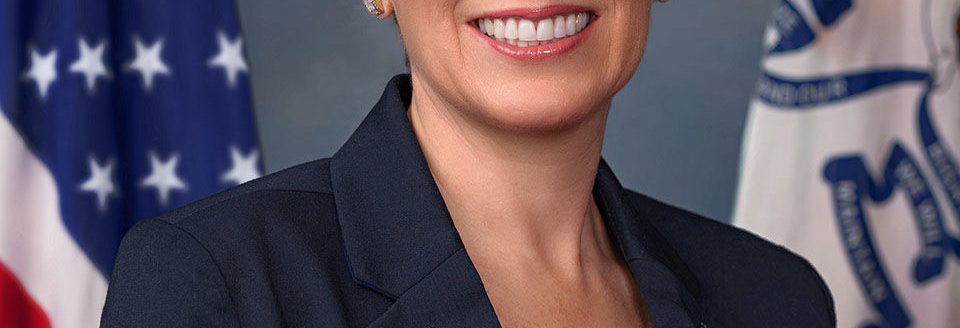Feds’ role needs to change, too
Apparently, it is time to talk trade again. In this extremely fluid period, as I am writing this we have a fresh announcement of a new trade deal with Mexico.
It still requires congressional approval, but it gives the appearance of progress. I first believe that yes, we need fair trade, yes, we need free markets and the economy will work but, yes, we also need people willing and able to show up for work.
The White House made this announcement this past week.
The administration has secured a preliminary United States–Mexico Trade Agreement that modernizes and rebalances the trade relationship to reflect the realities of the 21st century.
This agreement will create more reciprocal trade that grows the economy, supports high-paying jobs for American workers, and protects American intellectual property.
First off, I don’t like the fact that we are mandating for manufacturers how much of their product must be this or that. Yes, I think American steel should be used to make cars (instead of Mideastern oil) but I don’t think that should have to come from a government mandate. The market should create that opportunity.
When U.S. manufacturers are producing food products, those products should use American farm commodities because they are the highest quality, safest and most affordable. That is achieved by less government intervention, not more. I have been assured this deal with Mexico was never about farm products because we have a had a great relationship with Mexico regarding ag commodities.
So while the negotiation with Mexico was really about cars and the production of cars, we needed to get it behind us. Now, we really need to get busy working out similar agreements with countries who need to be better farm customers of U.S. production.
With that said I see an elephant in the room that nobody wants to talk about. I want to make sure this administration, which is clearly committed to growing American business, understands the greatest challenge we have today. American businesses cannot optimize production because they can’t find anyone willing to work.
For example, we have a brand new pork processing facility in Sioux City, Iowa, that is only running one shift each day because they cannot find employees to staff the second shift. We are at crunch time. Every year we hear about the millions of dollars in produce that will be left in the field because there was no labor to harvest them. Think about that in terms of feeding the many who go without in this country. Think about the lost revenue for the families that work these farms and the tax revenue from the sale, processing and distribution of the food that will never be realized.
We have a broken Department of Labor that continues to forge ahead with demands that are unrealistic. We have talked about an H2C program being introduced to replace the broken H2A temporary worker program but it is not progressing fast enough. The part that excites me the most is that administration of the program would shift from the Department of Labor to the U.S. Department of Agriculture.
It seems to me that far too many people want to use the “tariff” word as the real problem in the struggling farm economy. When the dust clears, it will be obvious that most of the “noise” from Farmers for Free Trade is actually just politically charged entities trying to divide the rural vote. It is not really about helping to sell farm products to countries who want and need them.
We need all folks to take a step back and look at the big picture and ask, “Where are my real challenges today?” and not just listen to what folks are trying to tell me is wrong. We need more individuals in every walk of life to take greater responsibility for their consuming habits and put America first. Because at the end of the day, I don’t want anyone in the White House trying to create a better path for our people. I want us to pave the road to great prosperity and the feds to stay in the ditches to prevent us from being ambushed on the flank.
Editor’s note: Trent Loos is a sixth generation United States farmer, host of the daily radio show, Loos Tales, and founder of Faces of Agriculture, a non-profit organization putting the human element back into the production of food. Get more information at www.LoosTales.com, or email Trent at [email protected].

